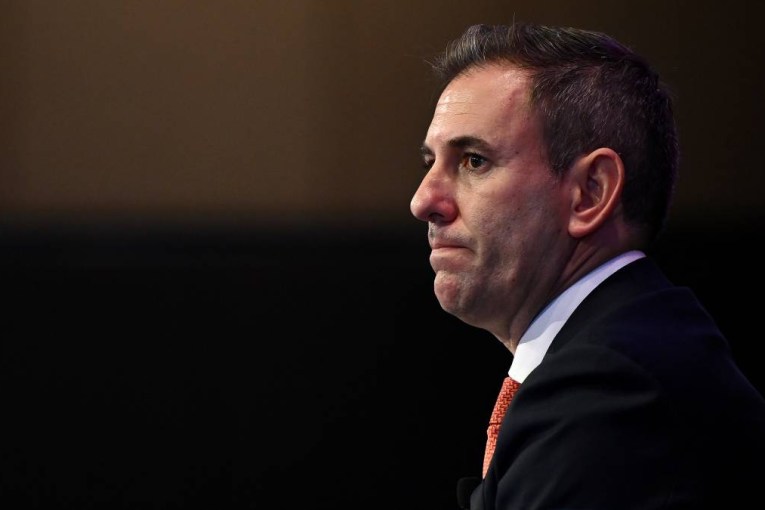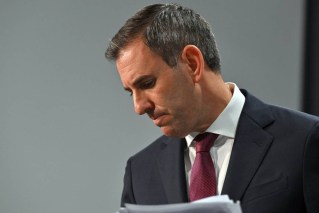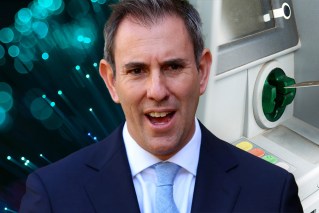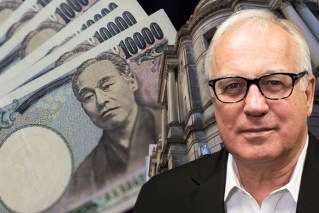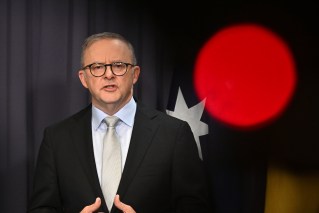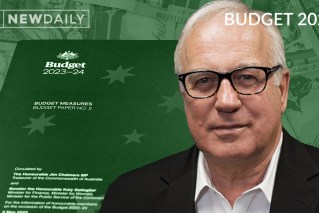Five-minute budget guide

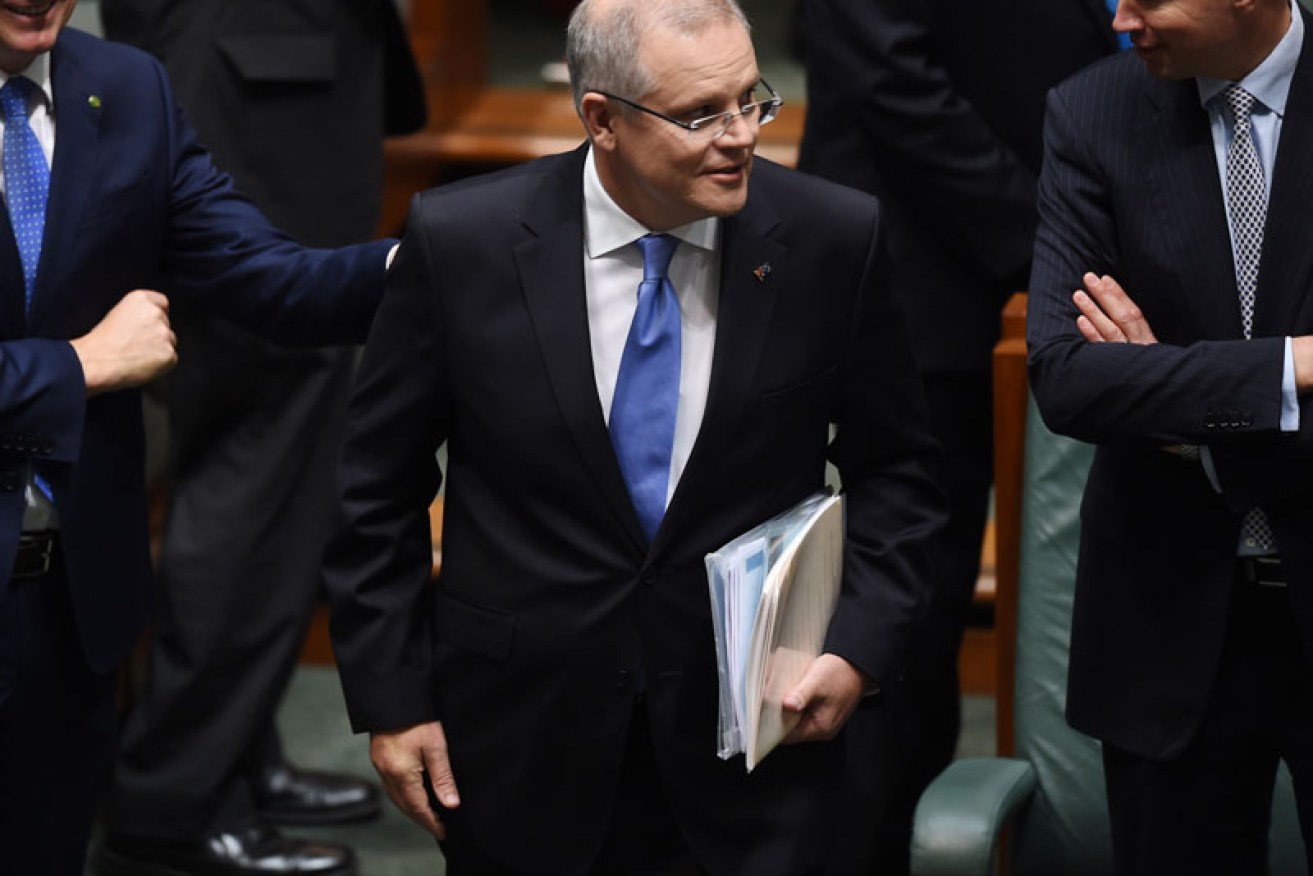
AAP
A long-term boost to the economy through a tax and superannuation plan were among the measures the federal government announced to achieve its mantra of increased jobs and growth in 2016’s federal budget.
Treasurer Scott Morrison handed down his first budget on Tuesday evening.
“This is the right plan for Australia to overcome the challenges of economic transition and to a clear path for long-term growth and new jobs in a stronger economy,” Mr Morrison told parliament.
• Safety-first budget will fail to excite voters
• An optimist’s budget full of pessimist’s actions
• Scott Morrison takes the axe to super perks for the wealthy
• ScoMo’s ho-hum recipe falls flat
The budget deficit for 2015-16 was expected to reach $39.9 billion – the fifth-largest on record.
See below for your quick guide to the federal budget 2016.
Economy
The Australian economy faced another year of deficit – forecast to continue until at least 2020-21 – with net debt forecast to reach $286 billion when the current financial year ended in June.
It would increase by about $40 billion by next financial year, according to the Federal Budget.
In subsequent years, budget deficits were predicted to decline from $39.9 billion in 2015/16, to $37.1 billion in 2016/17 and then to $6.0 billion in 2019/20.
Personal income tax
The upper limit of the middle-income personal income tax threshold would jump from $80,000 to $87,000, Mr Morrison said.
It would stop about 500,000 taxpayers graduating to the second highest tax bracket each year through inflation.
Wealthy Australians
Mr Morrison will introduce a $1.6 million cap on the total amount of superannuation an individual can transfer into retirement-phase accounts.
People with combined incomes and superannuation contributions greater than $250,000 will pay 30 per cent on their concessional contributions, up from the current 15 per cent.

Working women and low-income workers are some of the winners from the budget. Photo: Getty
And a new lifetime cap of $500,000 will be introduced for non-concessional contributions – to stem the use of super for tax minimisation and estate planning.
Business
As the mining boom slowed, the Federal Government has announced a transition to a more diverse economy.
From July 1, it will see a tax cut for small businesses with a turnover of less than $10 million annually – down from 30 per cent to 27.5 per cent in 2016-17.
The number of enterprises eligible for instant tax write-offs on asset purchases worth up to $20,000 will also increase, after the threshold rose from turnovers under $2 million to up to $10 million.
All businesses will benefit over the next 10 years, with the company tax rate to be lowered to 25 per cent.
Higher education
Good news for university students – the Federal Government did not announce measures to deregulate higher education.
Overall, university funding would increase 0.9 per cent to $12.3 billion, although funds available to poorer students to help with uni fees would be cut $152 million.
Welfare
The Federal Government announced measures for a $96 million ‘try, test and learn’ fund for people vulnerable to long-term welfare dependency.
For the most at-risk Australians, a $5.1 million early intervention program, which included a three-year trail to help children whose parents have mental health issues or were in jail, was announced.
Terrorism
The cost of Australia’s contribution to the war against Islamic State would surpass nearly $1 billion over the next three years.
Mr Morrison announced a $335.4 million boost to Operation Okra – Australia’s military contribution to the international effort against IS – it would take the 2016-17 spend to $353 million.

Four more immigration detention centres in Australia are set to be mothballed.
But that would decline over the next two years.
Immigration
Mr Morrison announced the closure of four additional refugee detention centres, including Perth residential housing, Maribyrnong (VIC) detention centre, Blaxland compound at Villawood (NSW) detention centre. The Wickham Point centre lease would not be renewed past November 2016.
This would generate a saving of $40 million over four years.
Additonal money would also be injected into off-shore detention in Indonesia ($55.4 million), and Nauru and Manus Island ($61.5 million).
Tax avoiders
A new Australian Taxation Office taskforce to hunt down multinationals and high-wealth individuals operating outside the bounds of the law will be created.
Nearly $680 million would be spent over four years on measures that included a new taskforce led by the ATO, steep penalties for tax dodgers and tighter rules to close loopholes that multinational companies have been exploiting.
Multinationals attempting to shift their Australian profits off-shore would be slapped with a 40 per cent penalty tax rate.
– with AAP

